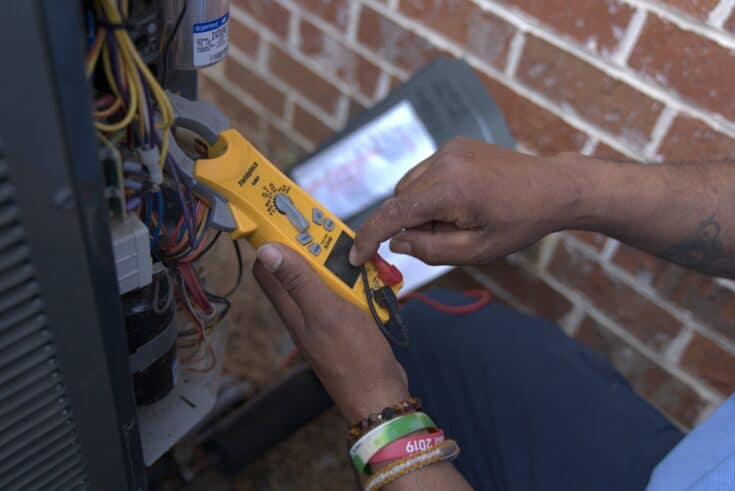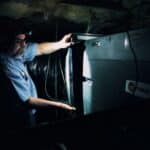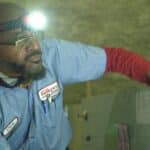
Understanding AC Short-Cycling: What You Need to Know
AC short cycling is a common issue many homeowners face, especially during the hot months when the air conditioning system is crucial for maintaining indoor comfort. Short cycling occurs when your air conditioner frequently turns on and off in unusually short bursts or intervals, failing to complete an entire cooling cycle. This impacts your home’s comfort levels, can increase your energy bills, and puts undue stress on your AC system, potentially leading to premature failures and the need for repairs.
What Causes AC Short Cycling?
Several factors can cause your air conditioner to short cycle:
- Oversized AC Unit: If an air conditioner is too large for the space intended to cool, it can cool the room quickly and shut off before removing humidity, leading to short cycling.
- Clogged Air Filters: Dirty or clogged air filters restrict airflow, causing the air conditioner to overheat and shut down prematurely.
- Low Refrigerant Levels: Refrigerant is essential for the cooling process. If your system has a leak and the refrigerant levels are low, the unit may shut down frequently and restart, trying to reach the set temperature.
- Thermostat Issues: If your thermostat is malfunctioning or improperly positioned, it might misread the actual temperature, causing the air conditioner to turn off early or engage too often.
- Iced-Over Evaporator Coils: When the evaporator coils get too cold and ice up, the air conditioner can short cycle. This often results from issues like low refrigerant or airflow problems.
The Impact of Short Cycling
Short cycling can have several negative impacts on both your air conditioner and home environment, including:
- Increased Wear and Tear Constantly turning on and off your AC system can significantly strain it, leading to increased wear and tear and eventual breakdowns.
- Higher Energy Bills Short cycling causes your AC to operate inefficiently, consuming more energy and increasing utility bills.
- Reduced Comfort Short cycling can make your home feel less comfortable because the system does not run long enough to remove humidity or adequately stabilize the temperature.
Solving and Preventing Short Cycling
To address and prevent short cycling, consider the following steps:
- Regular Maintenance Ensure your air conditioning system is regularly checked and maintained. This includes cleaning or replacing air filters, checking refrigerant levels, and ensuring the thermostat functions correctly.
- Proper Sizing If replacing your AC unit, ensure it is appropriately sized for your home. An HVAC professional can perform a load calculation to determine the correct size.
- Repair Needs If you suspect your AC is short-cycling due to a malfunction or wear, it’s crucial to call for professional air conditioning repair in Leesburg, GA. Technicians can diagnose and fix issues such as refrigerant leaks, faulty thermostats, or damaged coils.
- Professional Installation and Checks Always have your AC unit repaired or installed by qualified professionals to ensure it operates as intended. If you are experiencing ongoing issues, a technician specializing in AC unit repair in Leesburg, GA, can offer more specific guidance and solutions.
AC short cycling is a sign that your air conditioning system needs attention. Addressing it promptly not only extends the life of your AC but also enhances your home’s comfort and keeps your energy bills in check. If you’re experiencing short cycling, don’t wait for the problem to escalate.
For expert advice and reliable air conditioning repair in Leesburg, GA, contact Parker’s Heating & Air. Our skilled technicians are ready to help you achieve a more stable and efficient cooling system. Is your air conditioner short-cycling? Contact us today to schedule a consultation and ensure your system runs smoothly and efficiently all season.



